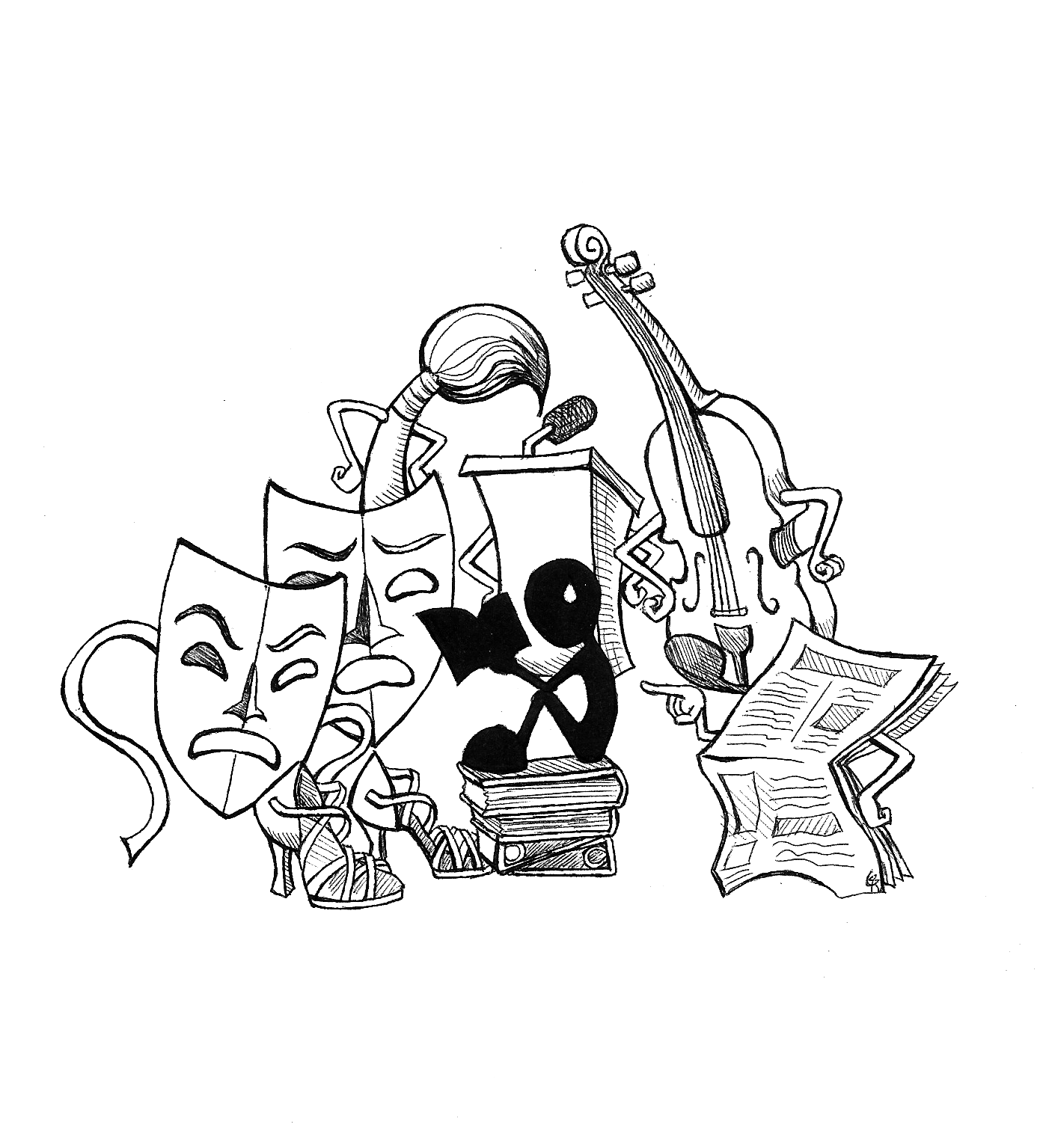
My Bulldog Days experience was a bit of a whirlwind, as I imagine it is for most people — new faces, a crammed schedule and more free food than I could possibly digest in three days. For most of it, I was floating along in a sort of gleeful haze, and if you asked me to remember specific memories, I would probably come up a bit short.
One moment in particular though does stick out to me. I was sitting in the auditorium of the Whitney Humanities Center, watching a Directed Studies panel, when one of the students on stage, in response to a question about her work schedule, joked, “Academics are just, like, this fun thing I do on the side …”
Like most of the other students in the audience, I laughed. Yale’s extracurricular scene was then presenting itself to me in all of its excited, bubbly glory; for the entire day I had been carrying around pamphlets, candy, some very premium swag and a hopeful perplexity about who I would become during my freshman year. At this University, I implicitly understood, you were known more for what you did outside the classroom than what you did in it — whether that is a capella, writing, athletics or student government.
I told myself, for a very long time, that I was okay with that. Even as barriers of exclusivity reared their ugly heads and I realized that not every group was as welcoming as it first appeared, I ultimately found spaces I cared about and projects to commit myself to. But as the pressure mounted over the course of the year — especially during spring semester — a pretty basic truth became very apparent to me, in a way that it hadn’t during Bulldog Days.
It is incredibly difficult, if not impossible, to be an active member of extracurricular life at Yale while simultaneously remaining committed to your classes. And when it comes time to choose — as it frequently does — we are, more often than not, expected to put our classes on the chopping block first.
I’m sure that there are many people for whom this model works very well. A common refrain, especially among my friends, is that you can learn much more through interactions with your peers than through class discussions or readings, and I don’t mean for a second to dispute that this kind of socially acquired knowledge is valuable.
But there are some people (extroverts) for whom this comes easier than others, and our justified valuation of it can often correspond with an unjustified, artificial devaluation of our academic projects. This becomes toxic very quickly. It can manifest in small, grating ways, as when people turn “not having done the reading” into a form of social capital. Or it can come across in really cruel and not-okay ways — such as when, in response to my not being able to attend an event because of a paper deadline, the leader of my group says, “Okay, so what’s a real reason?”
These are real reasons. Each of us has a balance that we need to strike between our extracurricular and academic commitments, and that balance is different for everyone. I have been incredibly challenged and fulfilled by the work I have done here, both inside and outside the classroom — and only recently have I started to trust my own instincts over the barrage of mixed messages and demands on my time that come at me from all directions.
We should be able to shape our experience of this University as much as it shapes us. Many — not all, but many — student organizations need to be much more cognizant of and upfront about the expectations that they have for their members: What the weekly time commitment is, the relative importance of attending social events, the degree to which individuals are allowed to determine their own models of participation. Students should not have to feel guilty or ostracized for dedicating themselves to work that they care about — in whatever context or field that takes place.
I love the groups I’m a part of. I also love my classes and my professors. These statements are not, and never should be, mutually exclusive.
Henry Robinson is a freshman in Silliman College. Contact him at henry.robinson@yale.edu .







